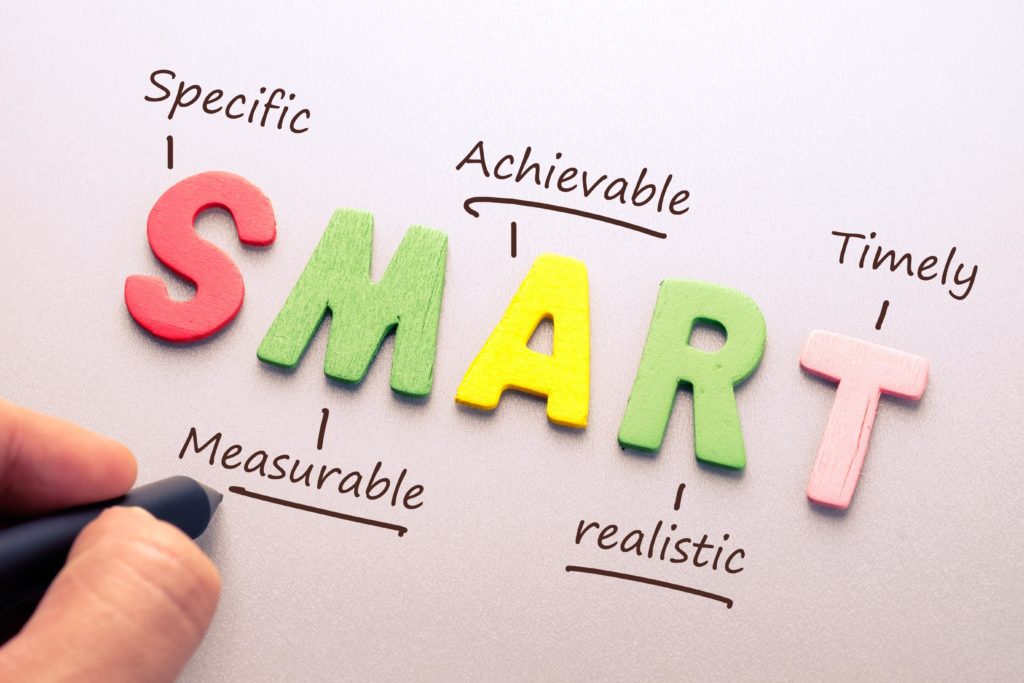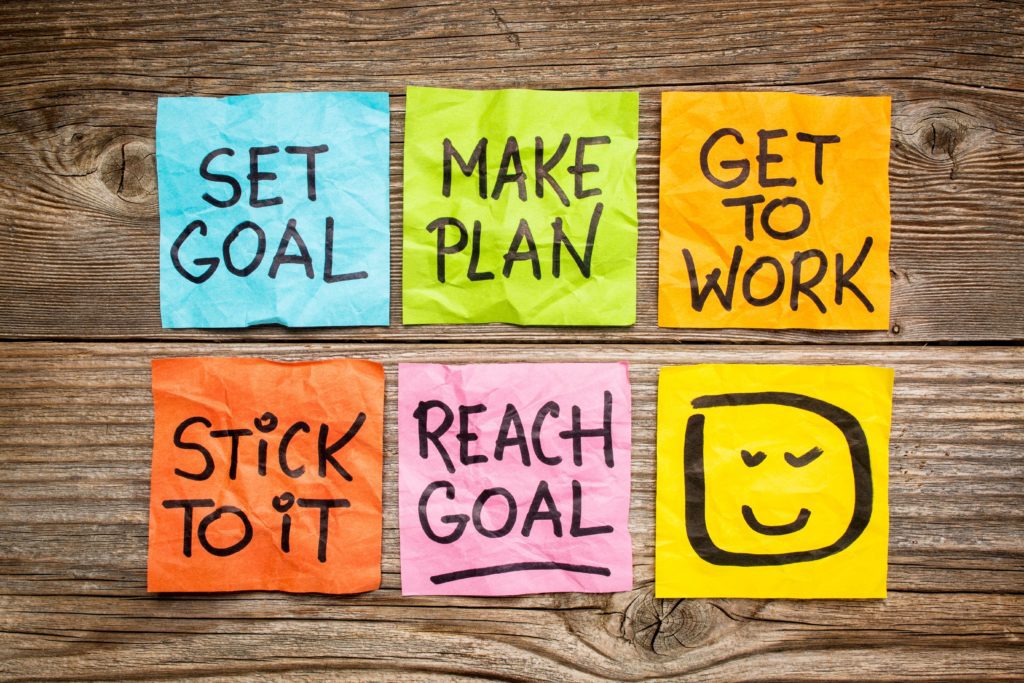What’s the most effective way to overcome the challenges of achieving your goals? This blog post illustrates some of the things that can help you achieve success. Before you dive into this post, it’s important to understand why goal setting and goal achieving is so important in general.
What is the Importance of Goal Setting?
Setting goals is significant and important firstly because without goals we have no compass in life. When a goal is set, it gives us direction and purpose. It enables us to focus on things that matter most to us so we can live a better life; since we don’t have to waste time focusing on things that don’t matter too much for us. And secondly, it makes achieving our dreams an achievable reality by giving us a map of how to get there–a step by step guide that when followed will bring about results. My favourite quote, “The only path to the highest perfection is one that leads through the clouds.” (Confucius)
What is Goal Setting?
Goal setting is as simple as putting things on paper. The aim of goal setting is to provide us with a map that guides us towards what we want (“GOAL”). So, when we set a goal, we have a direction of how to achieve it and which strategies are necessary for us to reach our goal.

There are different types of goals but the most important thing is to identify your main goals and make them SMART (specific, measurable, achievable, realistic and time-bound).
Some Benefits of Goal Setting Include:
Goal setting serves as a motivator to keep going when times are tough. Goals keep us focused and we are inspired to take the next steps towards achieving our dreams. Goal setting is like a benchmark that keeps us on the right track, even when circumstances change. The act of goal setting is what pushes us to take the first step, and walks us towards our goal.
When goals have a proper definition people tend to win more often than losing in life’s competitions. People who win aren’t lucky; they’re skillful at defining their goals clearly and working towards them. A clearly defined goal provides direction and focus on what really matters, which allows us to develop a strategy to achieve it.

Many successful people, who were once labeled as failures and misfits, will tell you that having goals is the key to success. They will tell you that these goals didn’t come from the sky nor did they fall from heaven; they were not given to them by their superiors, nor were they born with them. The secret behind their success is that they set goals for themselves and worked consistently towards achieving them.
The successful ones will explain to you that goal setting does not require genius or intelligence, it just requires consistency and the courage for self-motivation. A person must have a strong sense of purpose and desire to succeed. You may not be able to see it ahead of time, but if you set a goal you will always get there eventually.
How to Overcome Challenges in Reaching Your Goals?
In our society today, many people have a variety of challenges that they have been dealing with for a long time. It can take years to overcome such challenges and tackle them post-haste. This is where reaching your goals can be difficult without the right tools to help you achieve what you set out to do. Below, we will cover the different ways that one can reach their goals and successfully overcome obstacles in reaching those goals.

1. Make goals for what you really want in life.
Do you really want to lose 50 pounds by the end of the year? Or do you want to loose weight so that you can fit into a certain outfit? Is it your goal to pass that math test or to get an “A” on your test? If you make goals that are too easily attainable, then they won’t be challenging enough, and they won’t motivate you. Goals should be challenging enough that they push you to new limits. It is also important to make sure that your goals are specific and measurable (ex. Pass math test with at least a “B” or …etc.).
2. Take small steps towards achieving your goal each day.
Picture yourself at the end of your goal. How do you look? Feel? What does it feel like to reach your goal? What will you do differently after you achieve your goal? Take these pictures in your mind and use them as a guide when making decisions throughout the day. When faced with a decision, ask yourself if doing this action will take me in the direction of reaching my goals. This will help you make positive choices throughout the day that will ultimately lead you to success.
3. Identify areas of weakness or stress and develop tools to deal with them.
These can include anything from anxiety attacks to difficulty concentrating in school. In some cases, your biggest stress may not be related to the goal (ex. Financially struggling with paying for college), but rather something that has nothing to do with it (ex. Your relationship with your best friend is falling apart). Identify what it is you need help with, and develop tools to deal with it. If you are having trouble focusing in school, then find resources that are designed specifically for students like booklets on how to focus in class or work out a study plan that will help you reach your goal quicker.
4. Recognize your strengths and weaknesses and work on improving each one as necessary.
In a society that is obsessed with looks, people often forget to work on something more important (ex. Brains). The same concept can be applied to situations that are not related to looks and objective standards of beauty (ex. Financially struggling with paying for college). By working on improving your strengths, you will be more likely to succeed in reaching your goals quicker. If you notice that you are able to focus better than most people but struggle with math, then put extra effort into improving your math skills.
5. Go back and review your goals regularly as a reminder of what you have accomplished.
This will help you see the progress that has been made thus far and adjust course accordingly if need be. It is also important that each time your review your goals, you should reinforce them by writing out a plan of action that will help you reach your primary goal. Make adjustments to any secondary goals and do not be afraid to make new goals if something does not work out the way you want it too. Go back and adjust until you reach success.
6. Get an accountability partner or a group.
When you have somebody to be accountable to, you are much more likely to stick to your goals. Having an accountability partner or group can help you stay on track by providing support, motivation, and encouragement.
Accountability partners or groups can also help you overcome some of the challenges that you may face when trying to reach your goals. For example, if you are struggling with procrastination, your accountability partner can help you stay focused and on track.
Takeaway
Whether you’re looking to set new fitness goals, expand your business or simply get more organized, having a supportive group of individuals around you is key to success. We at the Accountability Lounge are committed to helping you achieve your goals and would love for you to be a part of our community. What challenge do you want us to help you overcome next?

